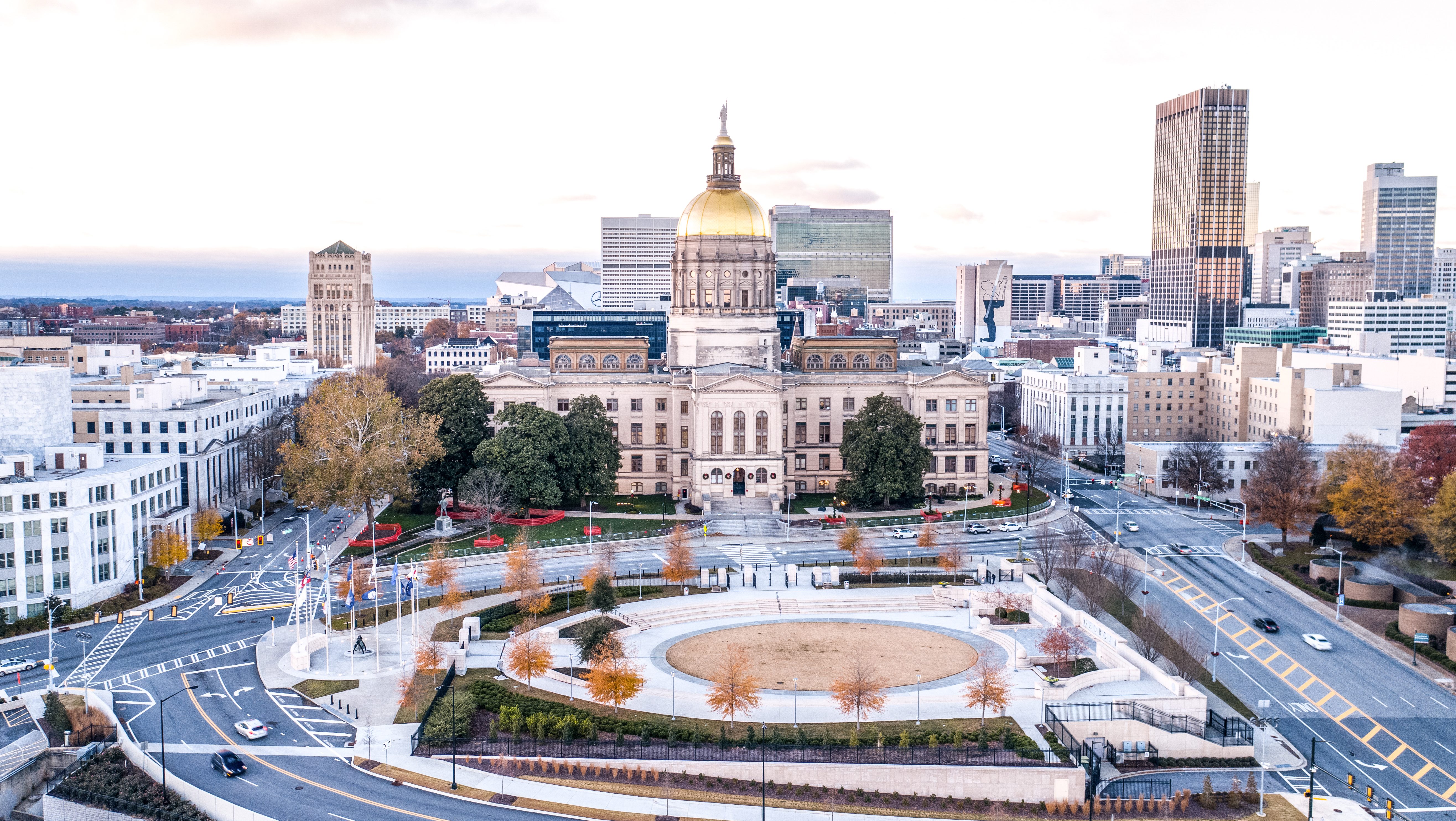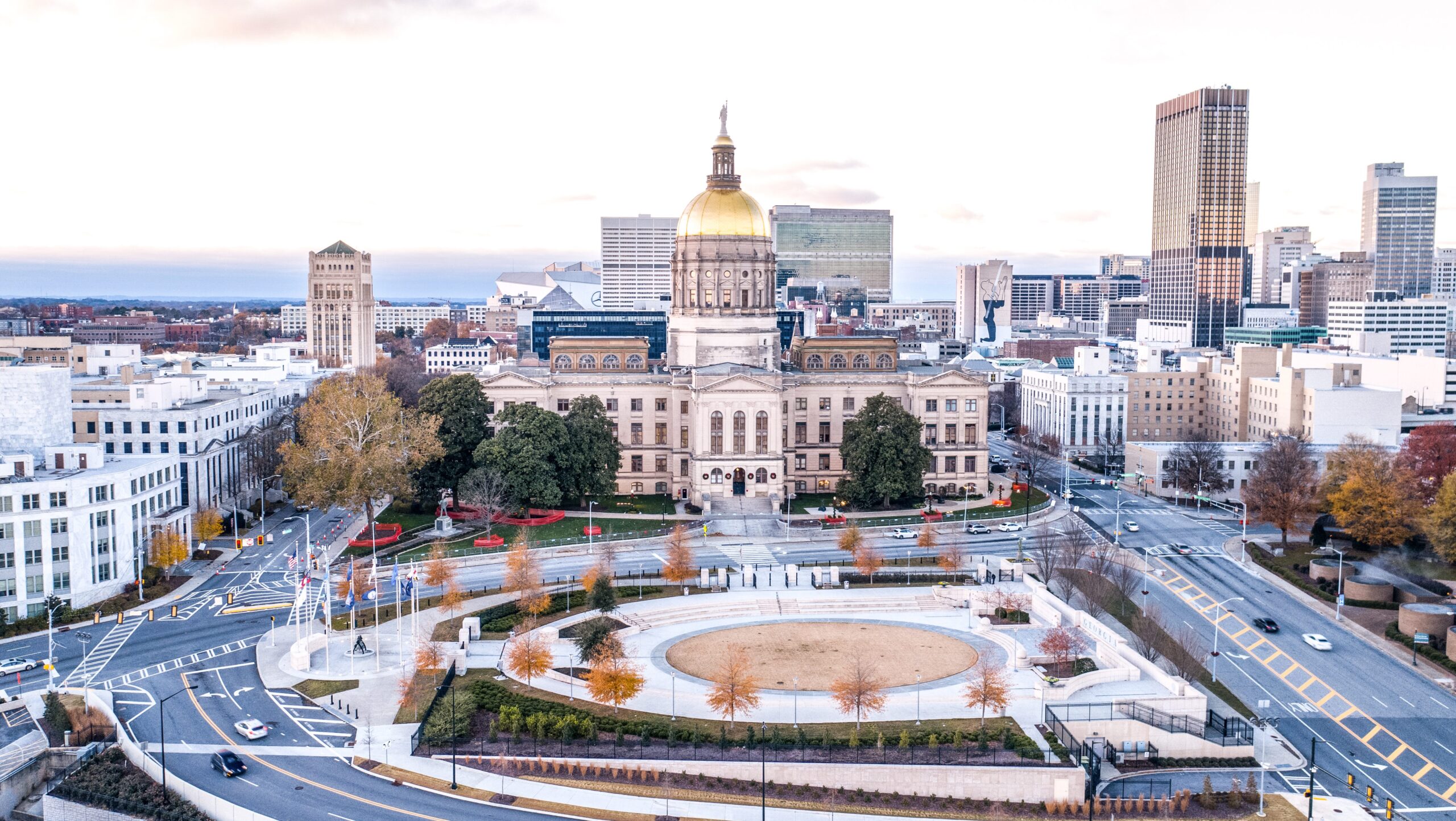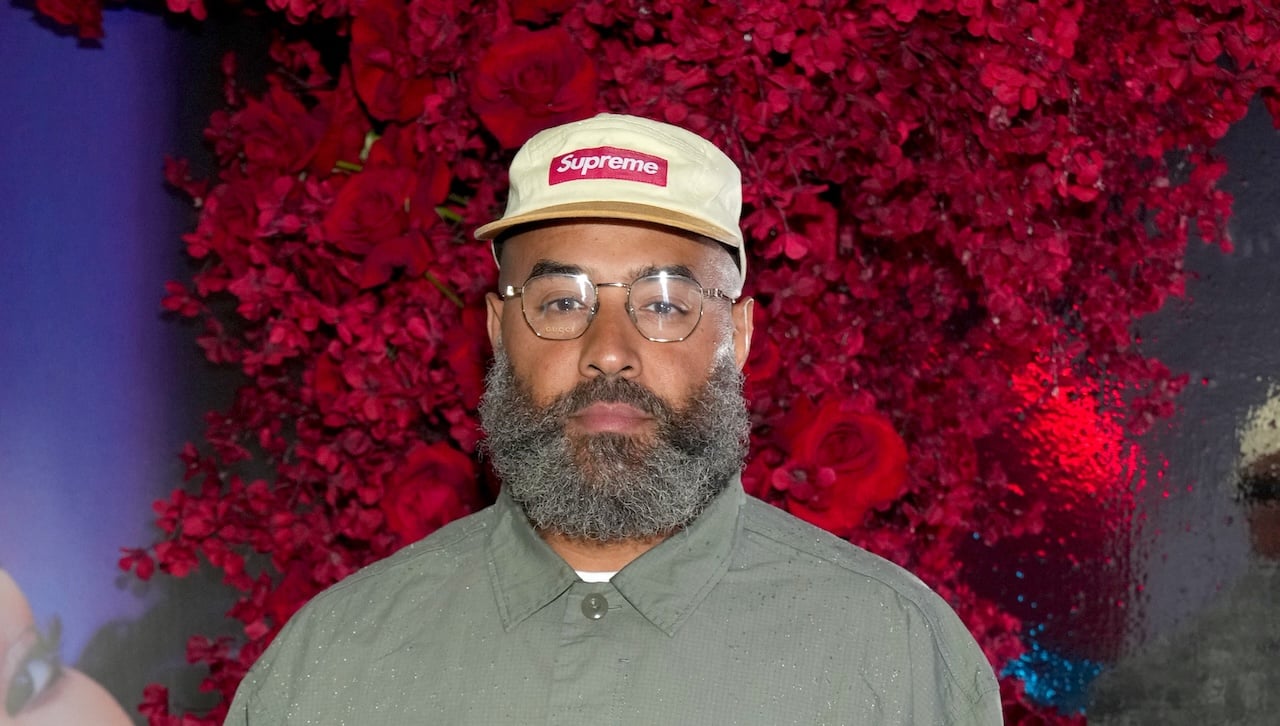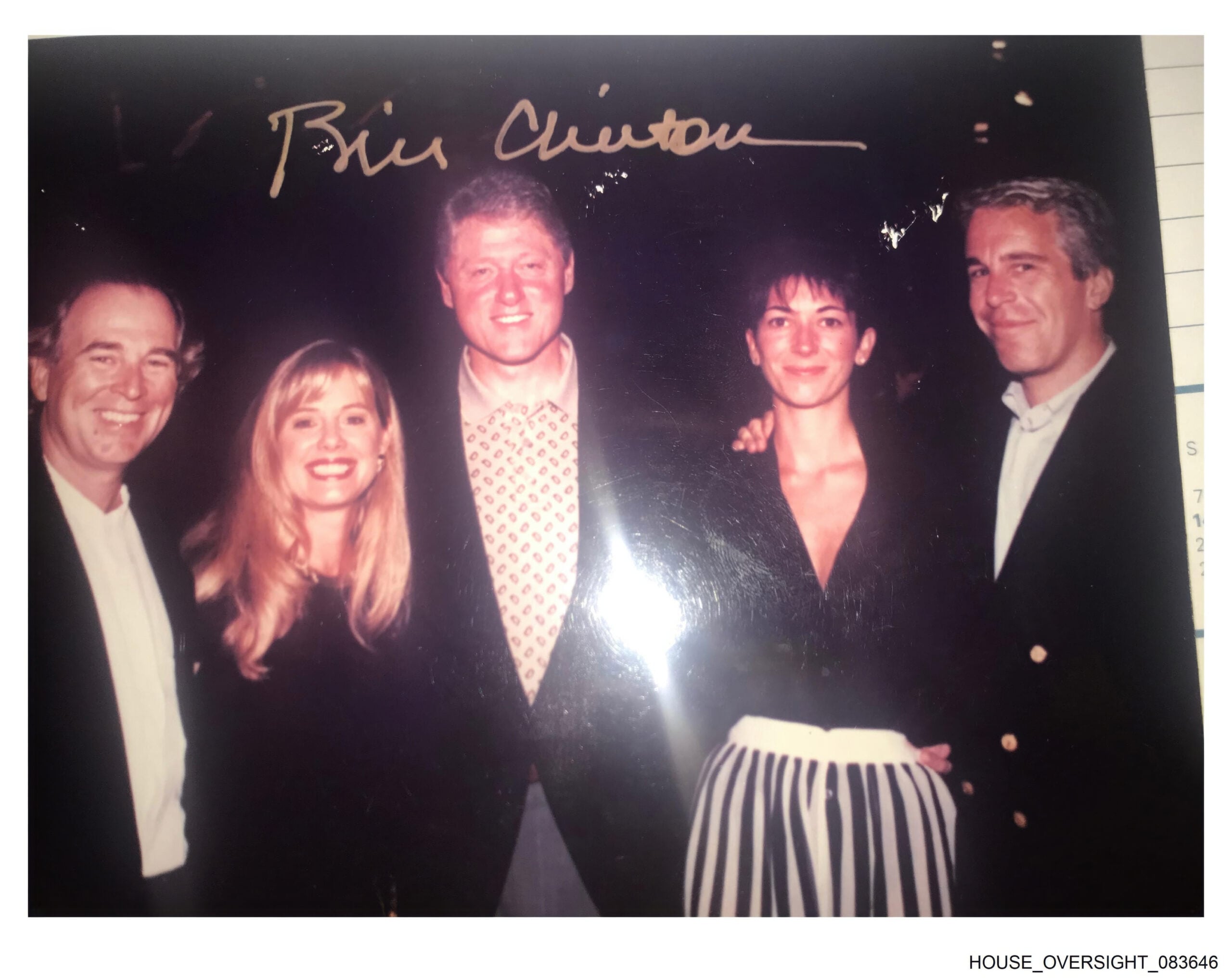
“Ooh, well, they ain’t never gonna win. They made God mad.”
I got a taste of that distinctly Atlantan verve before I’d barely left Hartsfield-Jackson airport. As we passed the Mercedes-Benz Stadium, my exasperated Uber driver Chandra pointed out that, to build the 71,000-seat sports and concert venue, the developers razed not only Mount Vernon Baptist Church but also Friendship Baptist Church, the birthplace of two historic Black colleges, Spelman and Morehouse. She was convinced that the Atlanta Braves baseball team was cursed due to their Poltergeist-like denigration of these historic grounds.
“Mmmm-hmmm,” she shook her head as we left the gargantuan building in our rear view.
Throughout its history, Atlanta has been a fiery Civil War battleground, the home of Martin Luther King, Jr., and a wellspring for R&B, hip-hop and trap music. A stalwart of Black culture, the city has also been a longtime haven for the LGBTQIA+ community.
Bigger than all of that, this Southern town is a distillation of America’s past — the good, the bad, and the ugly — and a glimpse into its diverse and dynamic future.
Sleep in Southern Style
I was in Atlanta for the annual Shaky Knees music festival and situated myself for the weekend at the Glenn Hotel downtown. The Classical Revival building that pre-dates the Civil War was miraculously spared during General Sherman’s 1864 March to the Sea, which burned nearly the entire city to the ground. (Little surprise that it landed a spot on the National Register of Historic Places.) Thirty-nine lion sculptures grace the exterior cornice, and the interior design playfully employs the lion theme, from quirky lobby paintings to in-room wallpaper patterns.
Over in the Old Fourth Ward neighborhood, the Wylie Hotel building from 1929 was famous for housing Atlanta’s first drag club, Mrs. P’s Tea Room, in the 1960s. The club is long gone, but Mrs. P’s Bar and Kitchen offers on-site dining and pays homage to the venue’s past — by name, at least. (If you’re on the hunt for drag, Mary’s in East Atlanta presents the all-Black drag show NeonBLK on the second Thursday of every month.)
If you’re feeling fancy, Nobu Hotel Atlanta opened in 2022 in Buckhead, the neighborhood about 15 minutes from downtown. Designed by The Rockwell Group, the property has 152 guest rooms, a rooftop swimming pool, and, of course, a Nobu restaurant. Bonus: The hotel’s private driver and Porsche will take guests anywhere within a three-mile radius.
Beyond Georgia Peaches
Atlanta still reigns supreme for its native peaches and peanuts, but it’s undoubtedly a global food city — and an excellent one at that.
Charmain “Sugar” Ware is the executive pastry chef of Tiny Lou’s, a French restaurant tucked inside Clermont Hotel in the Poncey-Highland neighborhood. Having lived in the city for more than 25 years, Sugar understands its essence. When creating her desserts, she explains, “I always want to implement the South and what the city stands for.” While there may be a European air to the restaurant, a down-home warmth endures.
“That’s what the South provides,” she says. “It always feels like grandma’s kitchen. It always feels like home.”
For more southern grandma inspiration, stop by BlaqHaus ATL, a family-owned soul food restaurant and cocktail bar with drinks like Peach Perfectionist and Southern Sangria. Mother’s Best is a stellar fried chicken-and-fries spot opening this season. (I got a taste of their 14-spice fried chicken at a pop-up this spring and would fly back to Atlanta just for another helping.)
In Midtown, Drawbar is a capacious bar and restaurant inside Bellyard hotel. They sling serviceable twists on old Southern favorites like fried green tomato caprese and fried catfish and collard greens. A kaleidoscopic mural by Lacey Longino brightens Drawbar’s outdoor courtyard seating.
Be sure to walk The BeltLine, the redevelopment project that will eventually connect 45 in-town neighborhoods through a 22-mile loop of trails, streetcars, and parks. Along the Eastside Trail, you’ll find Ranger Station. Billed as a “hidden cocktail bar,” it was indeed so hidden I almost gave up looking for it one night — until a similarly-lost couple followed their friend’s live-texting directions to lead us all there. After a lot of circling in the dark, we found this charming, campground-inspired cocktail lounge up an unsuspecting flight of stairs.
On the other side of the kitschy-hip spectrum is Just Around the Corner, a no-frills greasy spoon downtown. The morning I visited, I nearly had to shout my breakfast order over the gospel music (an incredibly catchy “I Believe (Island Medley)” by Jonathan Nelson). A handwritten sign taped to the menu above the counter read: “Prices have changed!!! Menu is for information only.” It sports a retro red and white tile floor, a lunch counter with swivel chairs, and charcoal sketches of Black icons (from Bob Marley to Frederick Douglass) tacked up on the Coca-Cola fountain.
You can continue learning about Black leaders — and also work off breakfast — riding with CivilBikes, an independent, culturally-focused bike tour operator. Their mission is to show travelers the Atlanta “heroes we didn’t grow up with but should have.” Their family-friendly tours focus on the city’s legacy of resistance and rebellion.
With fewer than 500,000 residents, Atlanta is a major American city with small-town charm. Its past makes its present singular, and today’s locals are crafting an exciting future.
“I know some areas in this city are a little sketch,” Chef Sugar admits. “But step off the beaten path a little bit.”
She’s right: The rewards are rich.
The article originally appeared in Fathom and was lightly edited for timeliness and clarity.





